Education technology or just #EdTech comprises of systems and tools that help enhance learning and education. Along with the technology, it also includes all its participants – learners, students, teachers, educators, guides, mentors, schools, universities, coaching institutes, et al.
Learning is a lifelong virtue. It often happens between employees, professionals, employers, certifying, or regulatory bodies too. Over the years, many enterprising folks have developed software solutions and systems to enhance learning for K-12 or higher grade learners. On the one hand, some systems automate school/university processes such as a Learning Management System (LMS) or Student Information System (SIS).
While on the other, there exist learning tools or applications that enhance learning to focus on individuals. These tools could be simple apps such as note-taking, online assessment to more secure apps such as exam proctoring.
Learning Tool Interoperability (LTI)
Once an industry or ecosystem matures, there exist several vendors, and there arises the problem of interoperability. This lack of interoperability frustrates the incumbent and new adopters alike.
This lack called for standards to be established for software systems in this space to talk to each other. LTI (Learning Tool Interoperability) by IMS Global Learning Consortium is a set of standards required for information exchange. LTI1.0 (later refined to 1.1) started simple. It allowed applications that are outside the LMS to be brought within the LMS fold as if they are natively part of it. Students and teachers found this very convenient to launch learning tools from within the LMS.
The LTI1.1 has broad adoption in the ecosystem for its simplicity.LTI1.3 and LTI Advantage is a package of services that build on top of LTI 1.3 to add new features that facilitate a more in-depth integration of any learning tool with any LMS. It offers advanced protection mechanisms to secure the exchange of sensitive student data.
Currently, LTI Advantage has three services with provision for more such services,
- Deep Linking Services enable a more intuitive way to add content and links to LMS from a learning tool. These services make curating course content incredibly easy.
- Names and Role Provisioning Services enable LMS and learning tools to exchange enrollments, a.k.a. Roster information.
- Assignment and Grade Services enable LMS and learning tools to exchange marks and grades.
Our experience with LTI
At the time when LTI1.1 was adopted, We worked on a complex LMS Integration management project. Here the exam-taking application integrates with multiple LMSes with roster and grades exchange. More than a thousand schools and universities across the United States use this application and integrate with a variety of LMSes providing essential LTI1.0 integration only. The application implements a Facade pattern providing an LMS-agnostic, common interface to exam-taking application. It encapsulates the differences in LMSes in individual LMS specific manager modules. The service was a full-fledged management application where the Administrator could control the information exchange.
This information exchange included choosing which courses to sync, what grades to push, and how to interpret fields in the responses. The LMS Integration broker accesses the LTI 1.1 protocol by setting up an LTI launch link in LMS. At that time, we integrated Canvas, Desire2Learn, Moodle, Blackboard, and more such LMSes.
With LTI1.3 and LTI Advantage certified LMSes and Learning tools, the above integration would be a breeze for an already compliant LMS and learning tool. We provide services for making LMSes and Learning Tools compliant to LTI1.3 by implementing them in the product core and also consulting services to get LTI Advantage certified.
Significance in the COVID-19 world
COVID-19 will have a significant impact on the #EdTech industry. Being online and assisted learning tools will be more prevalent. The importance of 21st-century skills, such as Creative and Critical thinking and Exploration, will spawn a new generation of learning tools.
They all would have to eventually integrate with LMSes or similar systems, further accelerating the adoption of LTI.
References
- Rutter, M. (2020, March 29). Rolling out remote learning. Retrieved from http://news.mit.edu/2020/rolling-out-remote-learning-0330.
- Panopto Announces Automatic Secure Sharing of Zoom Classes & More. (n.d.). Retrieved from https://www.panopto.com/about/news/panopto-announces-secure-automatic-sharing-of-zoom-classes/



